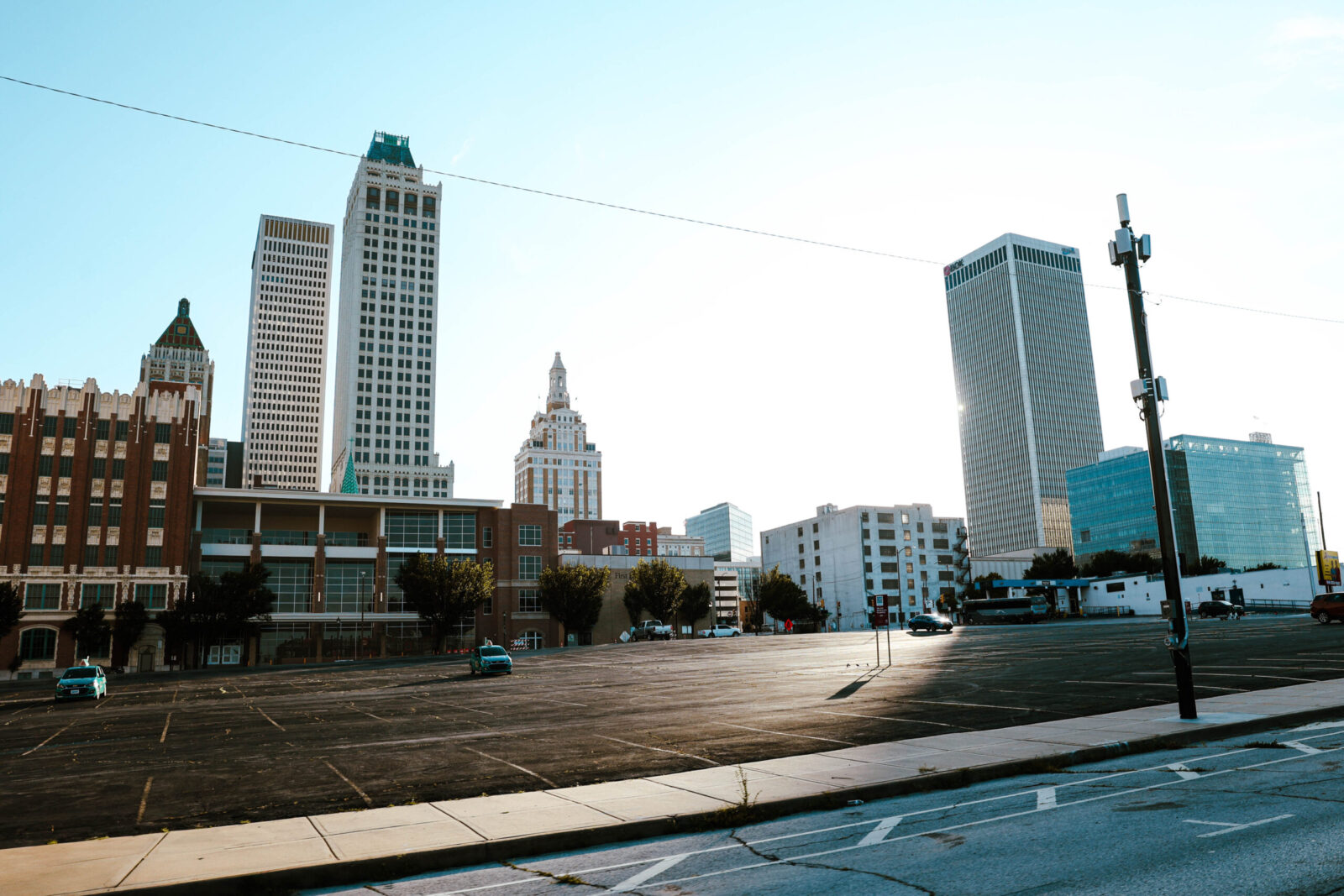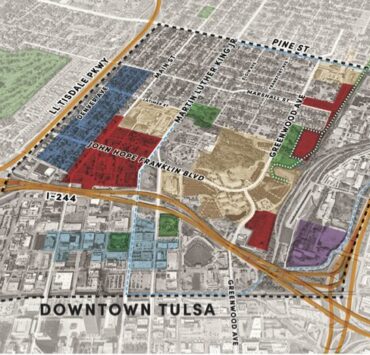
LOCAL
Ismael Lele, The Oklahoma Eagle
The Tulsa-based Zarrow Foundation has pressed pause on accepting new applications. Photo: Molly McElwain/The Oklahoma Eagle
Five years after its creation, the Tulsa-based Zarrow Family Foundation’s Commemoration Fund has closed its open application process in reaction to federal anti-diversity, equity and inclusion policies.
The fund started in 2020 after George Floyd’s murder and in honor of the 1921 Tulsa Race Massacre’s centennial. It received $5.5. million at its inception before receiving another $5 million earlier this year.
Its goal was to serve as a funding mechanism for nonprofits dedicated to improving the lives of marginalized communities and addressing disparities caused by systemic racism.
But in January, President Donald Trump issued two executive orders aimed at ending DEI programs and what the Trump administration called illegal discrimination. Both pieces of policy could adversely affect how foundations like Zarrow issue funds to diversity based non-profits, said Hannibal Johnson, an author and attorney who chairs the fund’s advisory board.
“Should the IRS decide, based on [Department of Justice] guidance, that any sort of preference runs afoul of law, then that could threaten the tax-favored status of the foundation or the nonprofit,” Johnson told the Eagle on Tuesday.
He said the board has been having conversations about what’s next for months but they currently have no timeline for when they’ll unveil their plans.
“Any, all or none of the things that we do could change or stay the same,” Johnson said. “That’s kind of what the strategic planning process is. We’re taking a fresh look at what we’re doing, how we’re doing it [and] deciding ‘Is that what we want to keep doing?’ and ‘Do we want to keep doing it the same way?’”
Since it launched, “the board has done what it first set out to do” and distributed $1 million every year to qualifying organizations, said Joshua Knowles, program associate for the Zarrow Family Office and the Commemoration Fund.
Businesses could request anywhere between $3,000 to $100,000 a year. Some recipients include nonprofits like Tulsa Dream Center, Urban Coders Guild, Theatre North and Birthright Living Legacy.
The fund has awarded 94 grants to more than 50 different organizations. Though historically, the fund has seen more applications than it could afford, with over 388 requests totaling $18.2 million.
As for future applicants, Knowles said the details are still being discussed as the board continues to strategize for the future.
“[The] main goal is to give as much of a heads up as we could to the nonprofits,” Knowles said. “A lot of people look forward to the application cycle, but as we’re in the process, [we’re] trying to do what we can for the nonprofits that serve Tulsa’s underserved community.”









